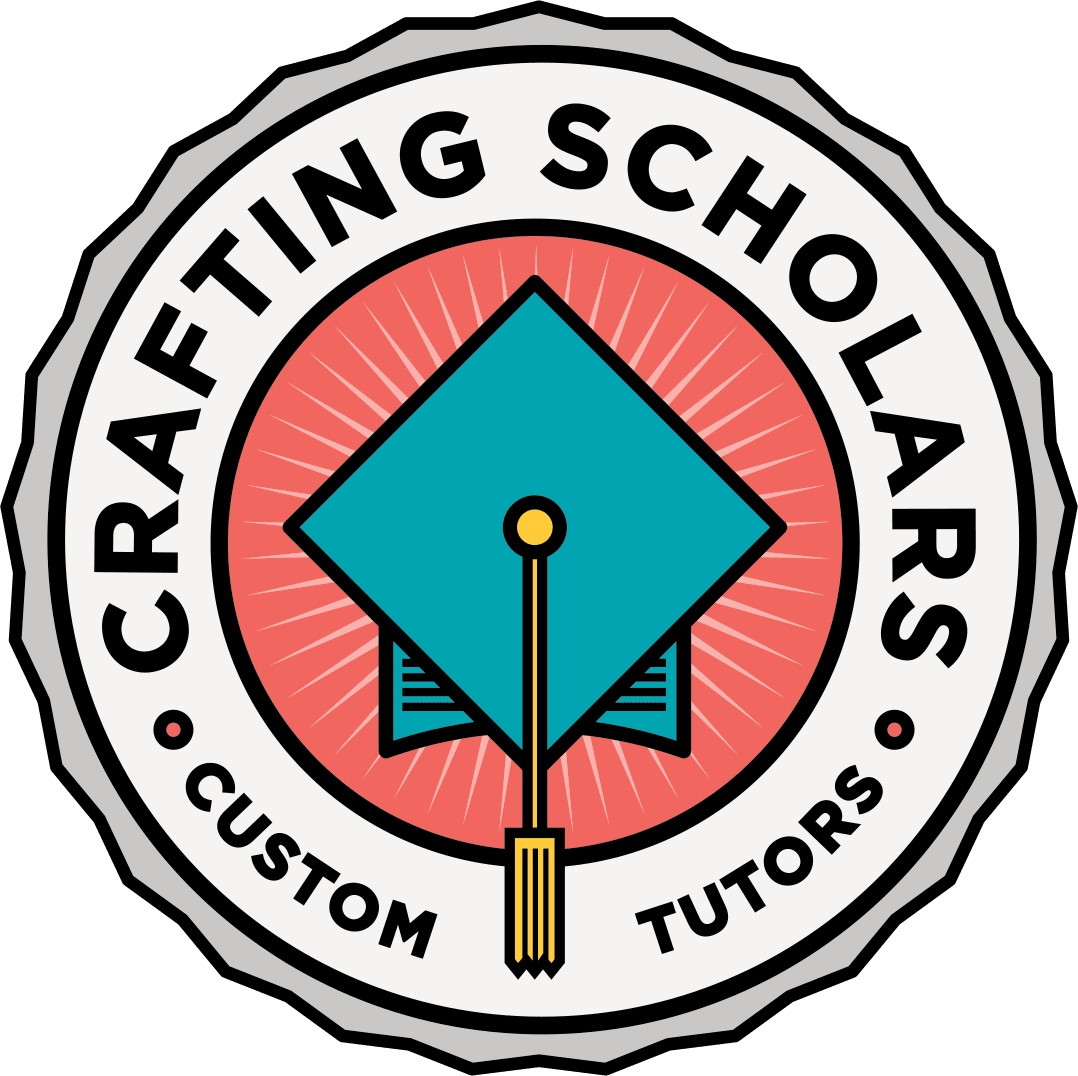Studying is a major part of learning, but that doesn’t have to mean pulling all-nighters or sitting for hours on end reviewing notes and materials. And believe it or not, there are better ways to retain information than reading the same passage over and over again. While re-reading notes is beneficial to a point, incorporating other strategies can be more effective.
Here are a few ways to boost your study skills without burning out.
- Make Flashcards
Instead of reading the chapter repeatedly, break down information into smaller chunks. Write down one key concept, fact, or term per card. Put your flashcards on a ring so that you can easily take them with you and study on the go.
You can also use the Leitner method where you start with all of your flashcards in one box. If you answer the question correctly on the first try, move it to the next box. If you get it wrong, keep it in the first box. You can go through the process again with the cards in the second box, moving them to a third box if answered correctly, or back to the first box if incorrect.
Continue to study the first box each day, slowly moving cards down the line as you learn the material. The second box should be studied every other day, followed by review of the third box once a week. This allows you to focus on the material you are least familiar with the most, rather than spending time constantly reviewing facts you already know.
- Break Up Your Study Sessions
Devoting three hours to studying chemistry can be overwhelming. Studying in shorter sessions of 20 to 30 minutes. Take breaks in between and move on to another subject or topic. You can always go back to the first subject later but give your brain a chance to process what you have studied. Covering too much material at once can be counterproductive. Review a little bit each day instead of waiting until the night before the exam.
- Write it Out
Do you think you have a pretty strong grasp of the test material or topic you’re learning? Take a few minutes to write down everything you know about it. Then compare that to your notes and see how well you did and where there were gaps or missing information. This can help you figure out where to focus your studying.
- Teach Someone Else
Another great way to quiz yourself on how well you understand a concept is to try to teach it to someone else. Explain the topic to them or show them how to solve a problem. Get feedback about things they did not understand, or thought were unclear. Have them ask questions too. If you have trouble explaining something, you probably don’t understand it as well as you thought.
- Stop Multitasking
When you are texting with friends, glancing at the television, or scrolling social media while studying, you are not giving the information your full focus. Your thoughts are on other things. Eliminate as many distractions as possible so you are making the most of your study time. Consider a change in scenery to refocus your mind. Dedicate short periods of time to concentrating on each subject. Then take a quick break when you are done.
- De-Stress
When you are feeling stressed with a million other things on your mind, it is hard to focus on your work. Before you sit down to study, take a few minutes to do some deep breathing, stretching, meditation, or journaling. Calm your body and mind so that you can pay more attention to the task at hand.
Crafting Scholars can help you ramp up your study skills and develop strategies that work for you. Plus, our learning specialists can explain concepts you may be struggling with in a way that makes sense. Set yourself up for greater success by learning how to study more effectively. Sign up today!
